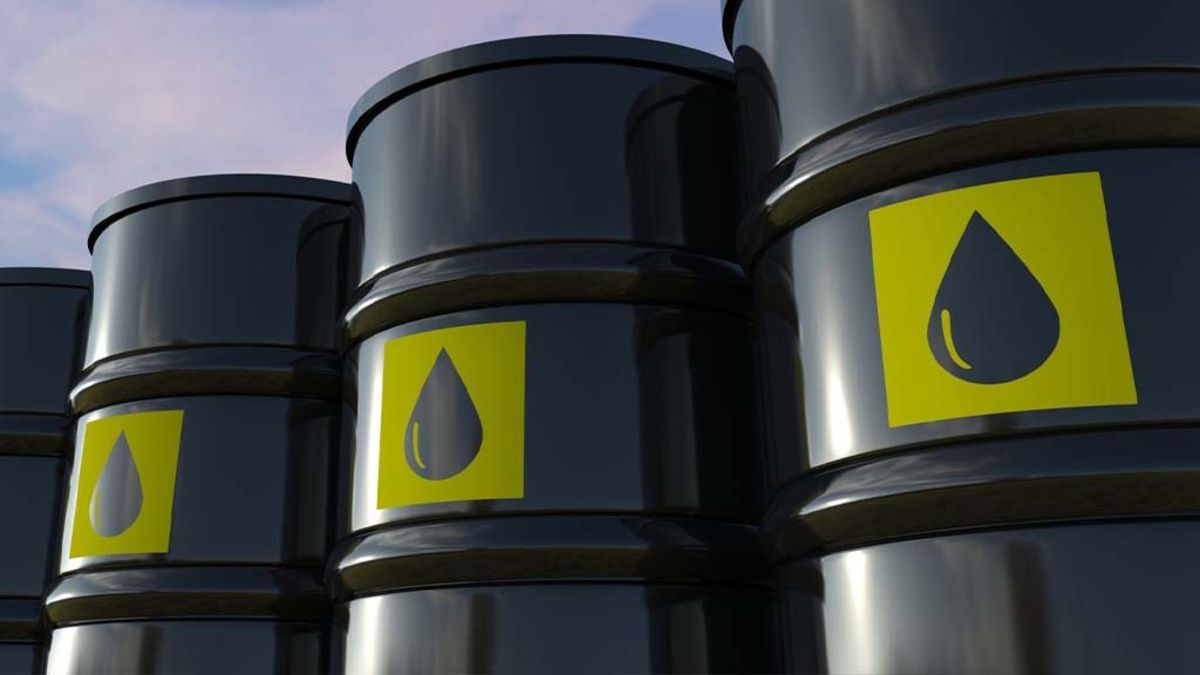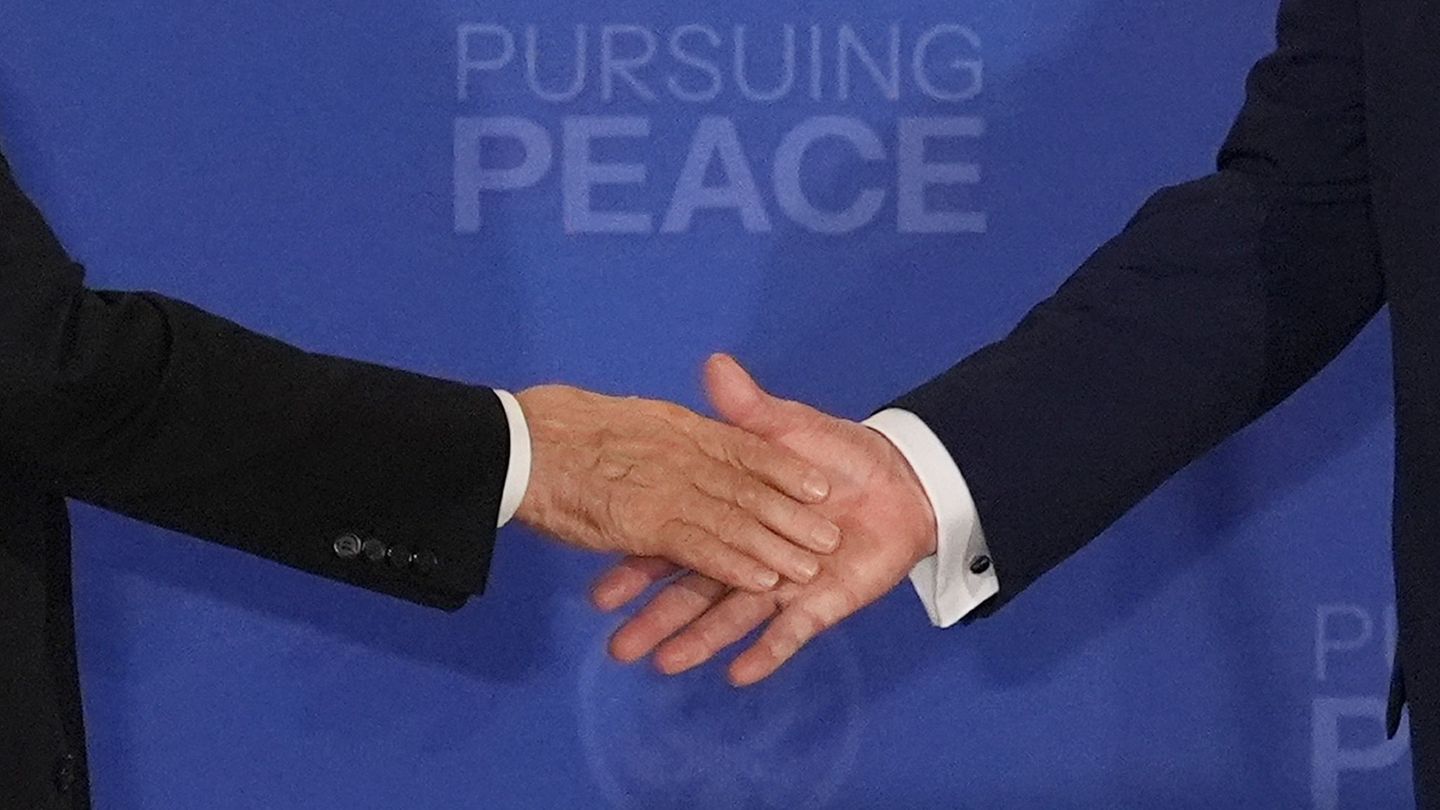Similarly, the WTI barrel registered an increase of 1.77% and was traded at US$ 85.30.
A trigger for the rise in crude oil prices has been the geopolitical tension in the Persian Gulf, a region where 40% of the world’s offshore oil is produced, the Bloomberg news agency reported.
Yesterday, a drone attack caused a fire and at least three deaths and six injuries at an oil refueling station in Abu Dhabi, the capital of the United Arab Emirates, the third largest producer of the Organization of Petroleum Exporting Countries (OPEC). ).
The Abu Dhabi National Oil Company (Adnoc) said the attack did not cause any disruption to its production.
The attack was claimed by the Houthi rebels in Yemen, at war since 2015 with a coalition of countries led by Saudi Arabia and that includes the United Arab Emirates.
Although the Emirates withdrew from Yemen in 2019, Abu Dhabi continues to have influence in the conflict by providing logistical and training support to the Yemeni army.
The response was not long in coming and, following messages of condemnation from US, UN and European Union officials, the Saudi-led coalition announced it had carried out airstrikes in the Yemeni capital, Sana’a, in retaliation for the attack.
Added to the recent events in the Middle East are the tensions between Russia and the West in Ukraine, which could disrupt the supply of gas to Europe, and concern about a possible military escalation, as well as a trend towards a deficit in the supply of crude oil.
The nuclear producing countries in OPEC have had difficulties to increase their production in countries such as Libya, Angola and Nigeria, despite the fact that the cartel has allowed month after month to increase the ceiling of barrels offered.
For its part, the Ómicron variant has not had major consequences on demand, which was expected to register a decrease due to outbreaks.
“Demand continues to rise and reserves fall, which should sustain high prices this year,” Giovanni Staunovo, an analyst at the Swiss financial company UBS, told the Bloomberg agency.
The upward trend is expected to continue and Goldman Sachs bank forecasts a US$100 barrel for the third quarter.
The rise in crude oil has fueled the rise in energy commodities, one of the main drivers of inflation in the world along with food.
Energy rose 33.3% annually in December in the United States, 30.9% in Italy, 26.4% in Canada and 25.3% in the United Kingdom, according to a recent report by the Organization for Economic Cooperation and Economic Development (OECD).
Governments like Joe Biden’s have tried to lower the price of crude by releasing barrels from their Strategic Reserves, however, so far, the measure has not brought results.
Source From: Ambito
David William is a talented author who has made a name for himself in the world of writing. He is a professional author who writes on a wide range of topics, from general interest to opinion news. David is currently working as a writer at 24 hours worlds where he brings his unique perspective and in-depth research to his articles, making them both informative and engaging.




